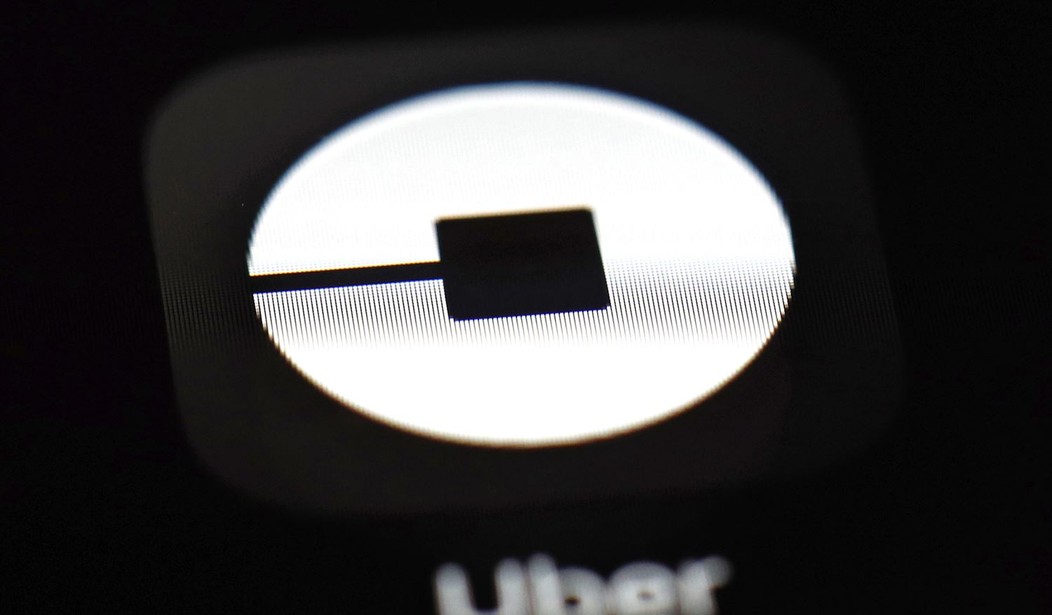Editor's Note: This column was authored by Tahmineh Dehbozorgi.
We gig workers and freelancers enjoy the leisure of having authority over our work schedules. Flexibility is the main reason we seek gig jobs in the first place. But Democrats, it seems, are bent on ruining the gig economy for us all.
Earlier this year, Gov. Gavin Newsom signed AB-5, authored by California Assemblywoman Lorena Gonzalez (D-80), that put many freelancers and gig workers, including me, out of our jobs — and just before the pandemic hit the Golden State. It’s the same law that led the Superior Court of San Francisco to force Uber and Lyft to reclassify workers as full-time employees entitled to all the benefits thereof (a move that could result in these companies’ exit from the state).
The law mandates that independent contractors working a certain number of hours for one company should now be classified as full-time employees eligible for traditional benefits. It was endorsed by both Joe Biden and Kamala Harris, the current Democratic nominees for president and vice president.
"These billion-dollar corporations still refuse to offer their workers what every other employee in California is entitled to earning the minimum wage for all hours worked, social security, normal reimbursements for their costs, overtime pay, and the right to organize," said Asm. Lorena Gonzalez. But that’s just another strawman argument against Californians' right to make their own financial decisions.
It’s a false claim that drivers are not receiving social security benefits and reimbursements for their costs. Rideshare drivers are “independent contractors,” with the ability to deduct business expenses from their taxes. And they earn Social Security work credits the same way all employees do, qualifying for benefits based on their work credits and earnings. Sponsors of AB-5 claim to be protecting the rights of workers. But in reality, they’ll be putting many workers out of a job and severely limiting the income of those left standing. Surprisingly, the Democratic Party has championed this measure, especially since the demographics of those who’ll be negatively affected (i.e. immigrants and college students) are key to a Democratic victory in the upcoming elections.
Recommended
As an immigrant myself, I’ve witnessed newcomers to the United States rely on the versatility of rideshare jobs to feed their families while they look for permanent employment. Those who want to work as drivers are no longer required to pay thousands of dollars to the government to acquire taxi medallions. For immigrants, rideshare is a ready-made job. Aside from immigrants, many people choose this job just to make extra cash, which has become more essential during the COVID-19 pandemic.
There is no such thing as “overtime” for rideshare drivers. They set their own hours and adjust it to fit their schedule — freedom that full-time employment doesn’t offer. Many students depend on this flexibility to make their livelihoods while coping with the academic rigor of college courses. But because of AB-5, students like me who have relied on gig jobs to pay for school find their financial well-being threatened by the state. Meanwhile the cost of education surges.
Unfortunately, rideshare drivers lost the battle in San Francisco Superior Court to keep their independence. Therefore, Uber, Lyft, and DoorDash have spearheaded a grassroots movement to challenge the impact of AB-5 and have raised over $111 million to fund a ballot initiative campaign to allow Uber, Lyft, and other companies like them to keep their drivers as independent contractors. Not only would Prop. 22 allow the drivers to remain as independent contractors, but it would also provide drivers with healthcare subsidies, earning guarantees, and loss and liability protection.
"What Prop. 22 is about is starting to move into the best of two worlds: you’ve got flexibility, you’re your own boss, you’re your own CEO, but you do have protections," said Uber CEO Dara Khosrowshahi.
Prop. 22 establishes new customer safety provisions such as mandatory safety courses and rigorous background checks for drivers and suspending drivers with offenses such as DUI.
If this proposition fails, rideshare drivers will be stuck working fixed schedules and shifts, and they could forget about working for multiple app-based companies. Some would lose earnings, and many would simply lose their jobs. As a consequence for consumers, app-based rideshare and delivery services will be extremely limited, while waiting times and costs will increase.
The fate of ridesharing jobs in California will be determined on November 3rd. But whether Prop. 22 passes or not, the law still sets a dangerous precedent for threatening the financial well-being of independent contractors across the country. Despite the passionate support of Joe Biden and Kamala Harris on the national platforms, AB-5 has drawn bipartisan criticism. Still, other blue states such as New York, New Jersey, and Massachusetts have drafted their versions of AB-5.
There’s hope for winning the battle for the app-based drivers, but Californians and Americans across the country will have a long fight ahead with the state and unions to win their jobs back.
Tahmineh Dehbozorgi is a Young Voices contributor, political analyst, and teacher based in Los Angeles, California. You can follow her on Twitter @DeTahmineh
























Join the conversation as a VIP Member